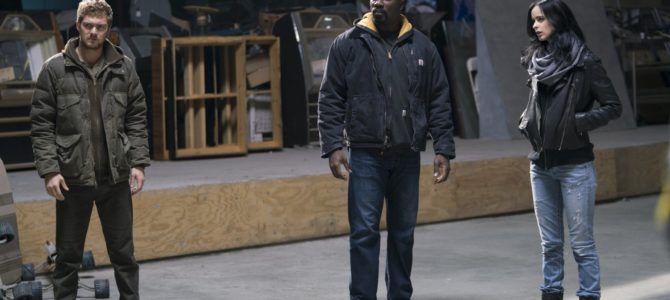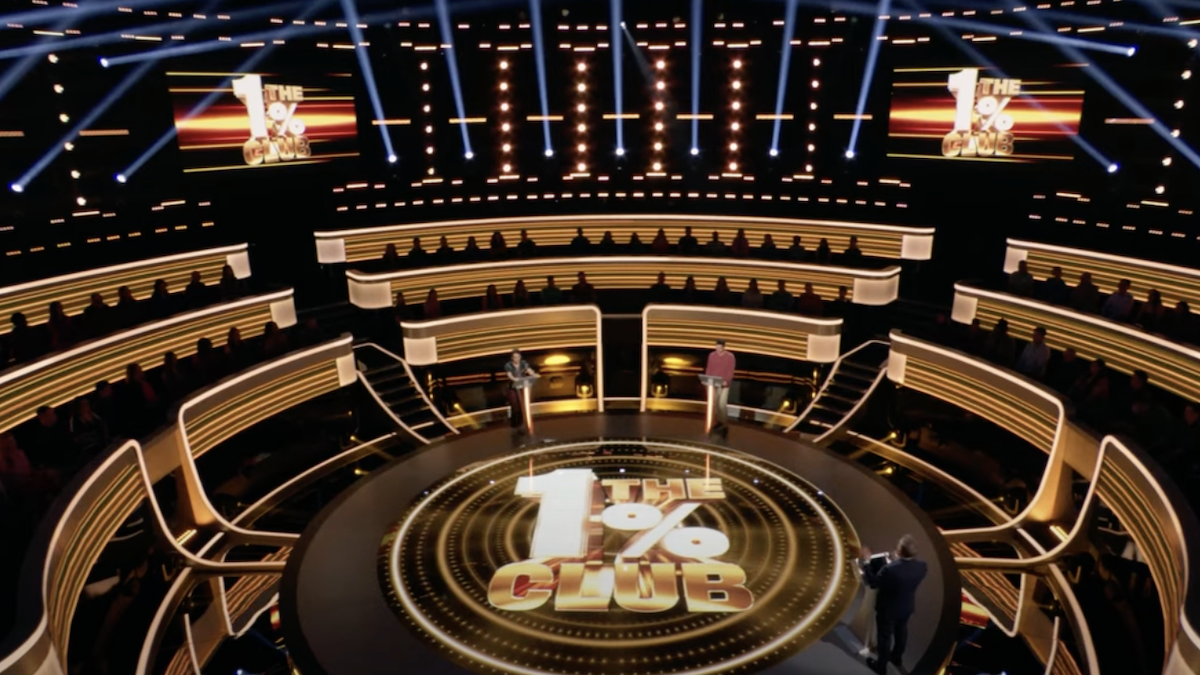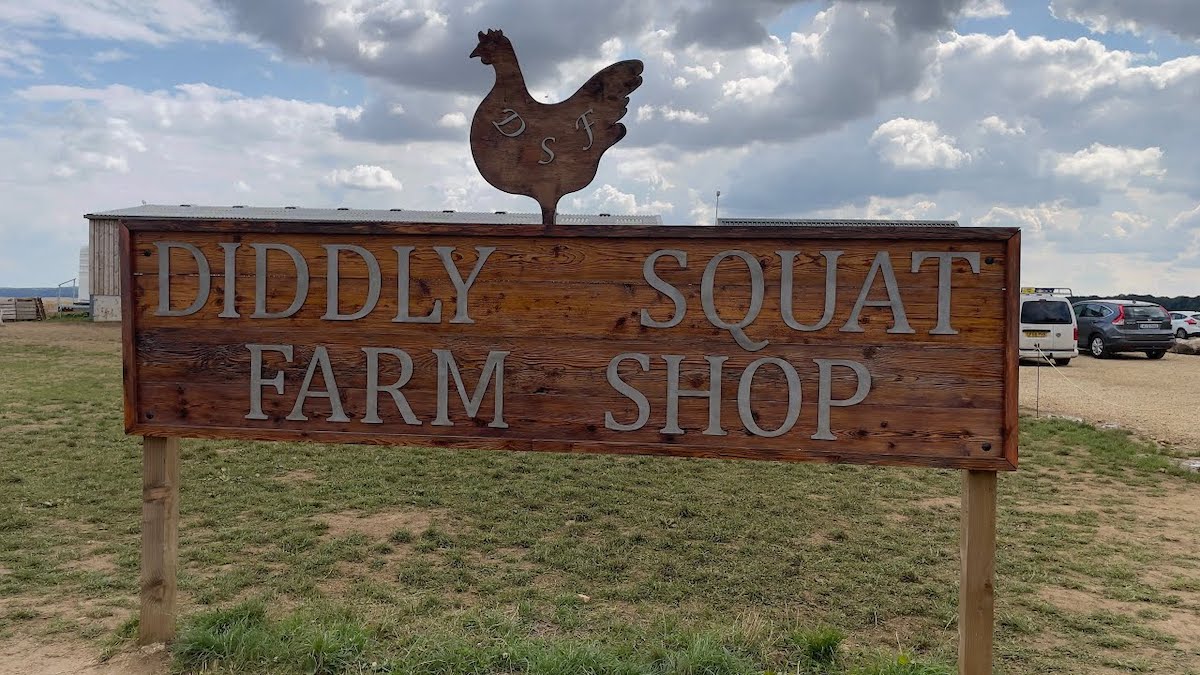
With the recent movie theater box office slump, it’s become clear that audiences no longer wait helplessly upon Hollywood’s calendar. Our freedom consists in watching Netflix: where we can binge-watch original content according to our mood, without schedule or limits, using whatever screens we have available. The future of entertainment itself must be future-oriented, to fit with our habits and anxieties.
Netflix just published the new “Defenders” series, the culmination of several years of work by Marvel Television to get Marvel into prestige serial storytelling. (We have to find a new word for this: we can’t call it “TV” much longer.) The Marvel-Netflix deal now includes two seasons of “Daredevil,” and one each of “Jessica Jones,” “Luke Cage,” and “Iron Fist.” That’s 65 episodes, plus the new eight-episode “Defenders,” around 50 minutes each. That’s more than 60 hours on screen in the last two years.
Moreover, all these shows have been renewed and Marvel has added a “Daredevil” spin-off, “The Punisher,” coming later this year. That’s another 65 episodes for the next two years. As a business, this looks unbeatable. Marvel is entering triumphantly into yet another market. It seems safe to conclude there’ll be mayhem in New York for the foreseeable future.
‘The Defenders’ Delivers A Messy, Half-Baked Story
Yet here at the beginning of its new series, “The Defenders” delivers little story or plot. Our superheroes dedicate themselves to saving New York City—but what great evil threatens the most important city in the world? Evil ninjas from the mystical East, led by Sigourney Weaver. I’m not joking.
This could only work as social criticism about Boomers; as it is, we know Weaver’s evil because she has a premier string quartet play Brahms. (Are Millennials supposed to hate classical music?) Weaver’s villain is after a substance called “the substance,” which helps you become immortal, but not forever. Also not joking. This is the writing we get in our prestige story-telling age.
Now, you can blame what’s wrong with “The Defenders” on the Marvel shtick: America has no enemies but its own divisions. The heroes inevitably fight each other. That could work if you had writers who understood America’s divisions, but it’s disastrous when all you’ve got is pettiness and liberal identity politics. “The Defenders” does better than any Marvel movie to give you thrilling fights, however. At least Daredevil does; Luke Cage is also pretty good; the other two were deficient to begin with and apparently not getting better.
But what’s the dramatic, not to say moral, point of all this violence?
There is a deep argument hidden somewhere in this mess of a story. But to see it develop, the viewer has to ask himself: why is Daredevil so scared of his own heroism, which might lead him to kill people? He’s a Catholic, of course. And we’re reminded of that in an important scene in a confessional. But what’s the import of that fact? Why is Luke Cage telling a grieving mother he learned about the power of prayer from his own father? He’s an heir to MLK’s sacrifice and hope, as we know from his own show, but why does that matter here? The evil guys, too: why is their quest for immortality so evil or wrong? We all want to live as long as possible, anyway!
How ‘The Defenders’ Upholds Human Dignity
“The Defenders” shows the problem violence poses for our sense of dignity. This might not seem serious: we live peaceful, comfortable lives in a prosperity previously unimaginable. But it is: why else should we have such dark fantasies—without which Marvel would not be in business? Apparently, it’s easier to solve most crime problems in New York than to remove the dark passions from our hearts. As recent events have shown, lots of people really like violence: it is the natural expression of indignation. Why should so many of us be so indignant, whether in our entertainment, music, political discourse, or in the streets? Because we don’t know whether there’s anyone defending our dignity and, ultimately, human dignity.
This answer also answers a related question: what do “Transformers,” Marvel’s “Doctor Strange,” and “The Mummy” all have in common? A threat from the East bringing about the ruin of the West.
The fundamental problem here is whether politics is built on human sacrifices. This explains the otherwise meaningless plot of “The Defenders”: why would digging some mystical substance from under Manhattan destroy the city? That’s literally the question of the ground of politics: can the few and many come together? Must the ones secure their good at the expense of the others? Hence, too, the Brahms string quartet: the historical experience of the Old World, ultimately hateful inequality, however beautified, might return to poison the New World, which is mostly free from that history.
So we get the heroes we deserve. Themselves victims of society, the Defenders might well ask: who stands up for their dignity? Why should they sacrifice for others? The more people feel aggrieved politically and confused in their divisions, the less can heroes unite audiences in a common struggle. After all, who can call on other people’s loyalties now? These heroes have to overcome their own self-importance, including in the form of self-loathing, to be able to stand up for the importance of being human. Who among us actually does that?
What ‘The Defenders’ Could Have Offered
Compare this storyline with Nolan’s first installment in the “Dark Knight” trilogy: Evil Eastern ninjas come to destroy an American metropolis—but the issues in the violence there are clear: what is the use of fear in politics? Will it install a rule of personal justice to replace corruption, like Batman wants, or destroy the city?
Instead, “The Defenders” concludes with hushing up the ninja war—so as not to stir panic. In short, the heroes and the American people live in different worlds, even in story. They have symbols for the ground of justice, but no better story to tell than evil ninjas.
To get worthwhile heroes, we’d have to be less scared or confused about what’s wrong with us. To quote another moment from Nolan’s trilogy—we need a better class of criminals. Evil ninjas seeking immortality are a sideshow at the best of times. The only interesting thing—their own civil war—is mentioned in passing, by writers who apparently have never heard about “show, don’t tell!” A ninja civil war could have made a great first season of “Iron Fist”—a story unlike anything on Netflix, with points for originality. Or “The Defenders” could have been the first season of this strange hero, who alone is free of the liberalism of the other series.
Instead, we get this mess of American social pathologies of individualism and evil ninjas. This is worthless for articulating the fight between two worlds, one dedicated to equality, the other inequality. Maybe future stories will get better. A friend pointed out that there’s a lot of Christianity in the first season of “Luke Cage,” and the second season is supposed to be more serious about civil rights. He also pointed out another sign of hope: civil rights are connected with the Second Amendment.
We Need Better—More Serious—Superhero Stories
This hope is partly dimmed by another problem we have with superheroes. We demand a spurious kind of immortality. We want them to suffer a dramatic version of our own fear of degradation and death. That’s our realism. But we cannot stand losing them. We always thus pull apart plot and symbols, so that the symbols of our justice and grievances stay ours. Nor do our writers dare stand up to us. Prestige, far from liberating writers to do right by the American audience, traps them in sophisticated ways of flattering an unthinking liberalism. We all know in advance, nothing will get settled, neither for heroes nor villains, because we ourselves cannot accept seriousness. Anything less than a cliffhanger feels terminal, and that just brings back our mortality…
In my previous essay, I said high-flying civil rights rhetoric collapses in “Luke Cage.” Behold: in an emotional moment mid-season, Luke Cage tells a young black man-turned-criminal about Crispus Attucks—the first man killed in the Boston Massacre of 1770, and thus, the first martyr of the American Revolution. He was black. We see his legacy exploited by a gangster and a politician, who abuse Harlem while pretending to save it. Unlike Attucks, they always put themselves first, because when they were poor, weak, and needed protection, nobody put them first.
Luke Cage takes a shot to the head from that stupid, scared young criminal—but it makes no dramatic sense, with a literally bulletproof hero. Luke Cage is no Crispus Attucks. Our stories fake sacrifice, and thus betray our deepest awareness of our neediness. That’s because of our politics and our fear of death.
Figuring out stories where heroes face real villains requires that we get serious about what scares us. So far, we have the outline of the fundamental danger to America: post-war dominance being replaced by an Eastern terror, a revenge of the past. But nobody is working with it. Writers are instead selling ninja fantasies to distracted audiences ever tempted by distraction. Hilariously, the fighters can barely fight, and the moral authority of right is no better at rhetoric than justice. These things are massive problems that polished mediocrity, what we call style or glamour, won’t fix, but only conceal.









